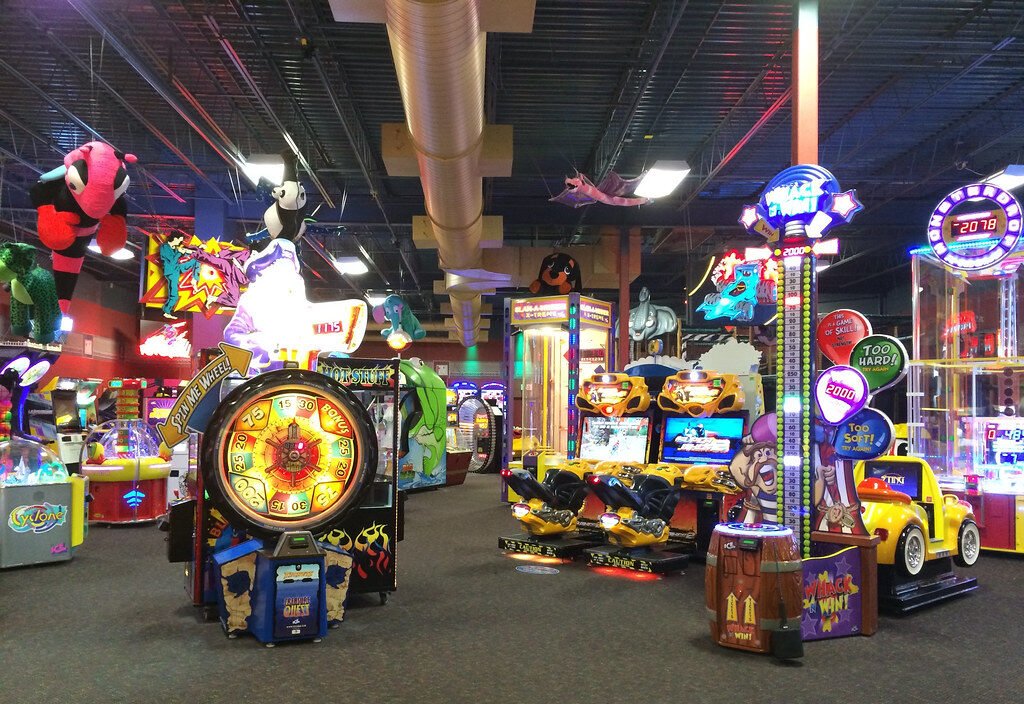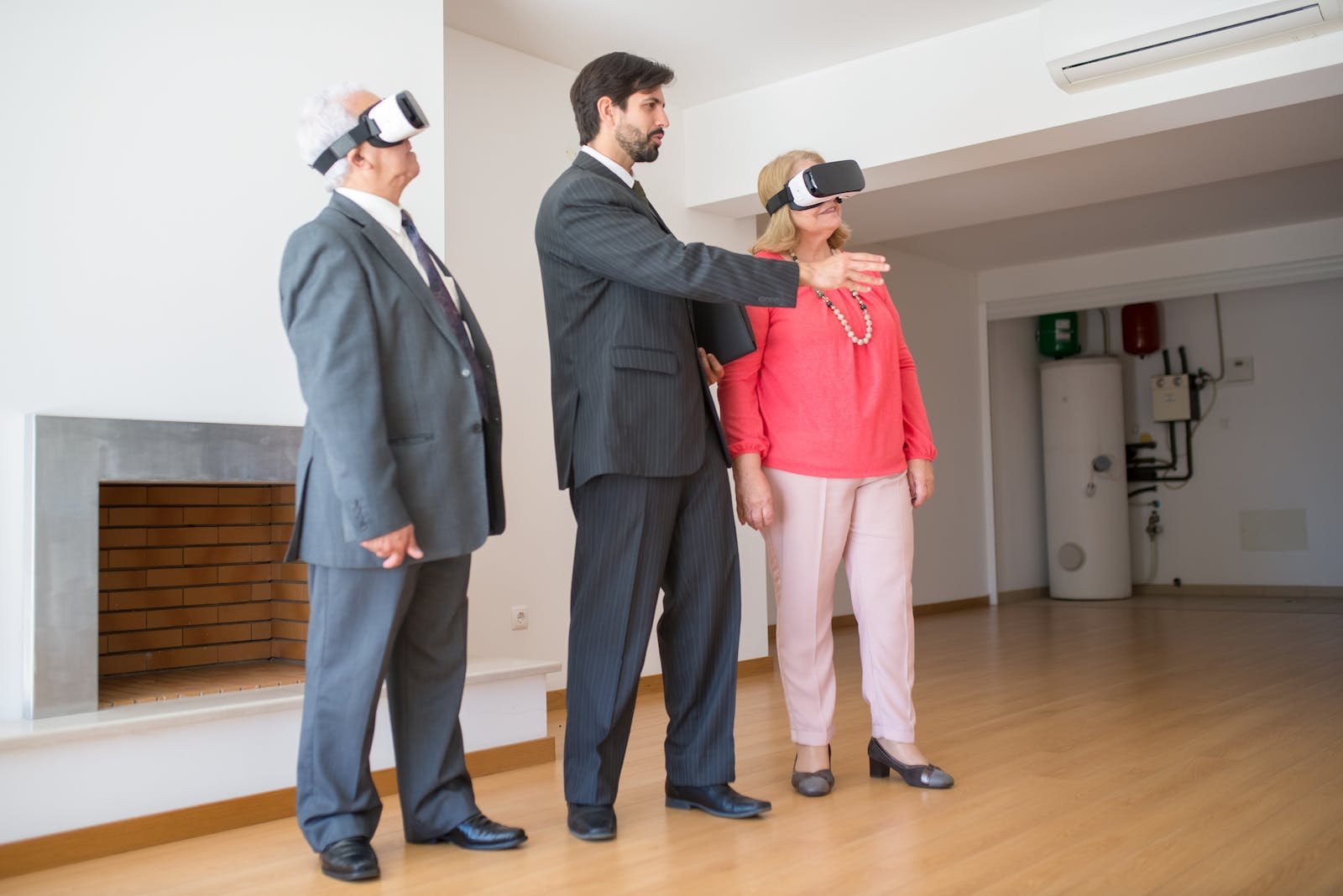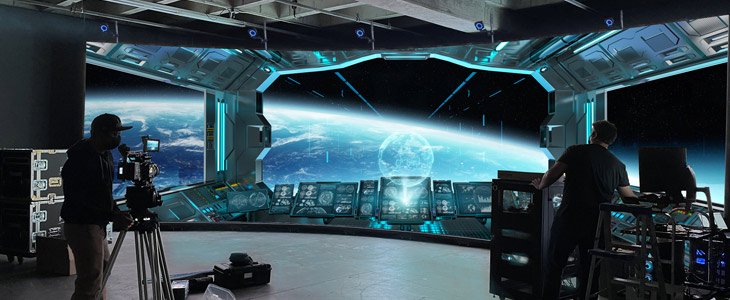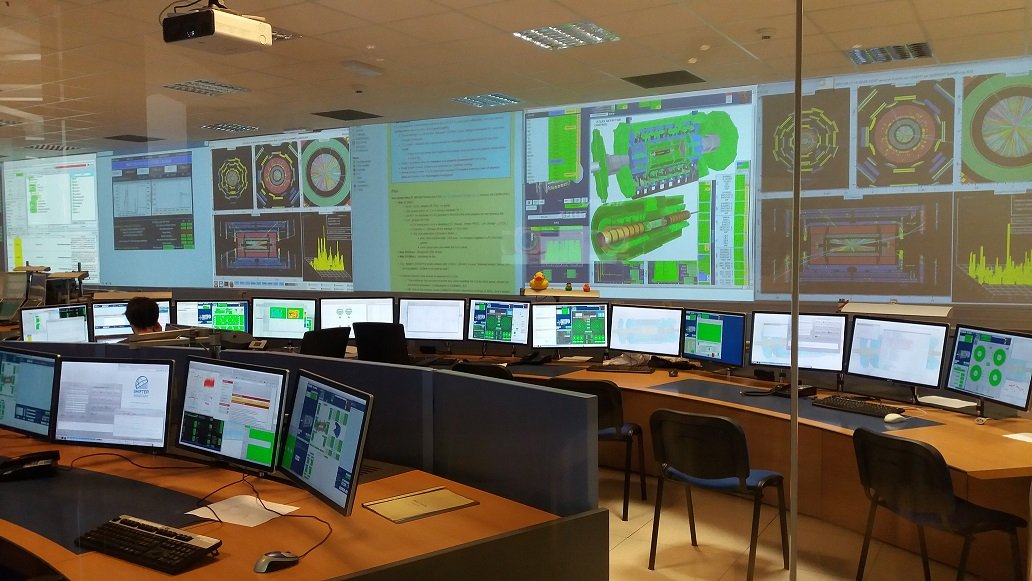A theme park is a type of amusement park that offers visitors a specific theme or concept throughout its attractions, rides, shows, and entertainment. Theme parks are designed to provide immersive experiences and entertainment for guests of all ages. They often have a variety of themed areas or lands, each with its own unique atmosphere and attractions related to the overall theme.
The business model of theme parks has been evolving over the years. Traditionally, theme parks generated revenue through ticket sales, food and beverage sales, merchandise sales, and additional charges for certain attractions or experiences within the park. However, theme parks have been incorporating new strategies to enhance their business models.
One significant trend in recent years has been the introduction of tiered ticketing systems. This approach allows guests to choose different ticket options based on their preferences and budget. For example, some parks offer general admission tickets as well as premium tickets that include additional perks like front-of-the-line access or exclusive experiences.
Theme parks have also been expanding their offerings beyond traditional rides and attractions. Many parks have incorporated immersive storytelling and interactive experiences to create a more engaging and personalized visit for guests. Virtual reality (VR) and augmented reality (AR) technologies are being utilized to enhance attractions and create new experiences.
Furthermore, some theme parks have adopted a year-round operating schedule instead of being limited to specific seasons. This approach allows them to generate revenue throughout the year and attract visitors during traditionally slower periods.
Another significant development is the incorporation of intellectual properties (IPs) into theme park experiences. Theme parks have formed partnerships with popular franchises, such as movies, TV shows, and video games, to create themed attractions and lands based on these IPs. This strategy helps in attracting a dedicated fan base and leveraging the existing popularity of these brands.







